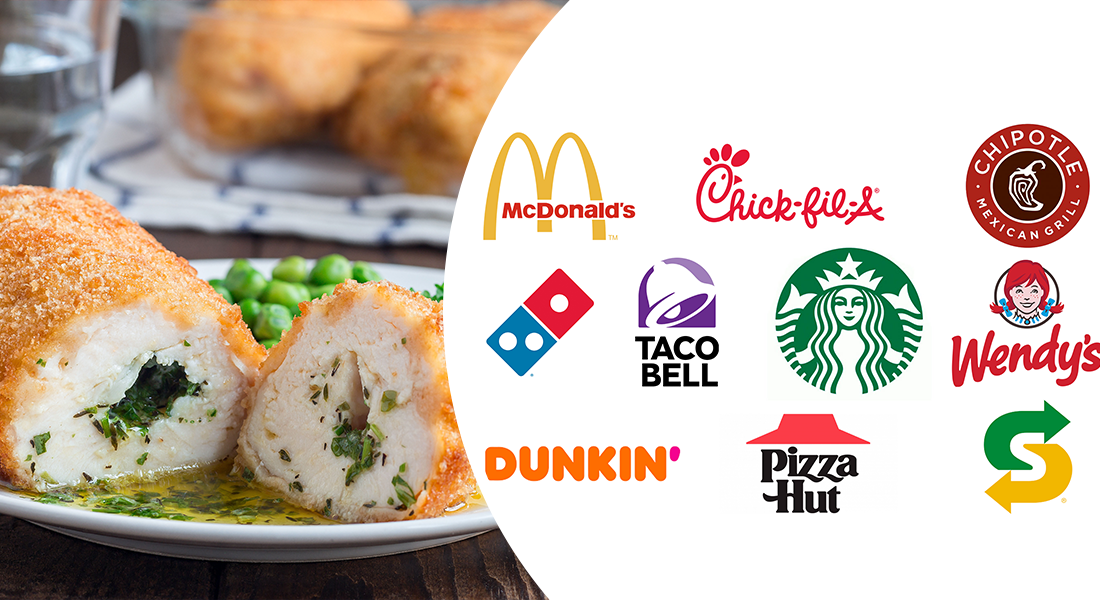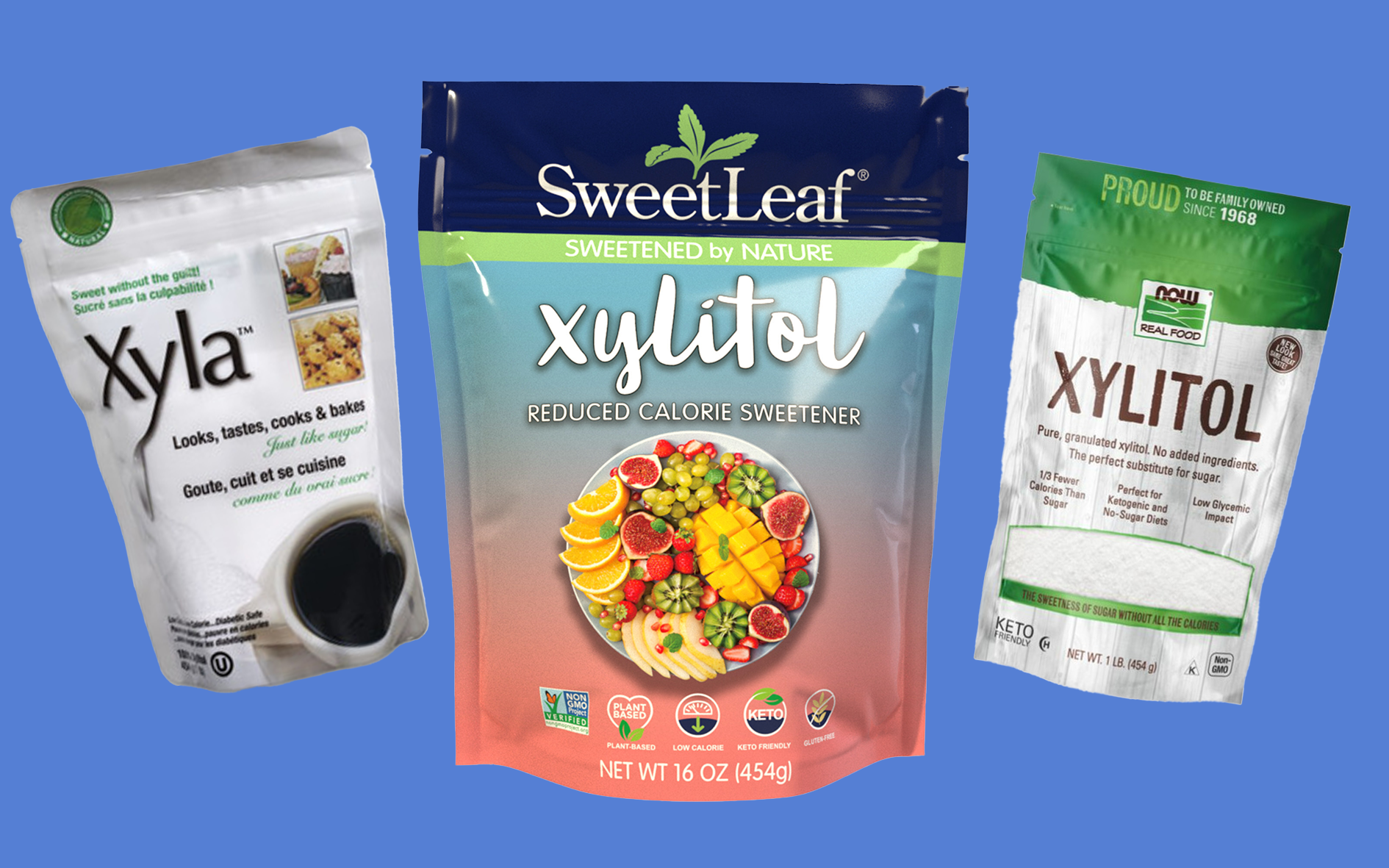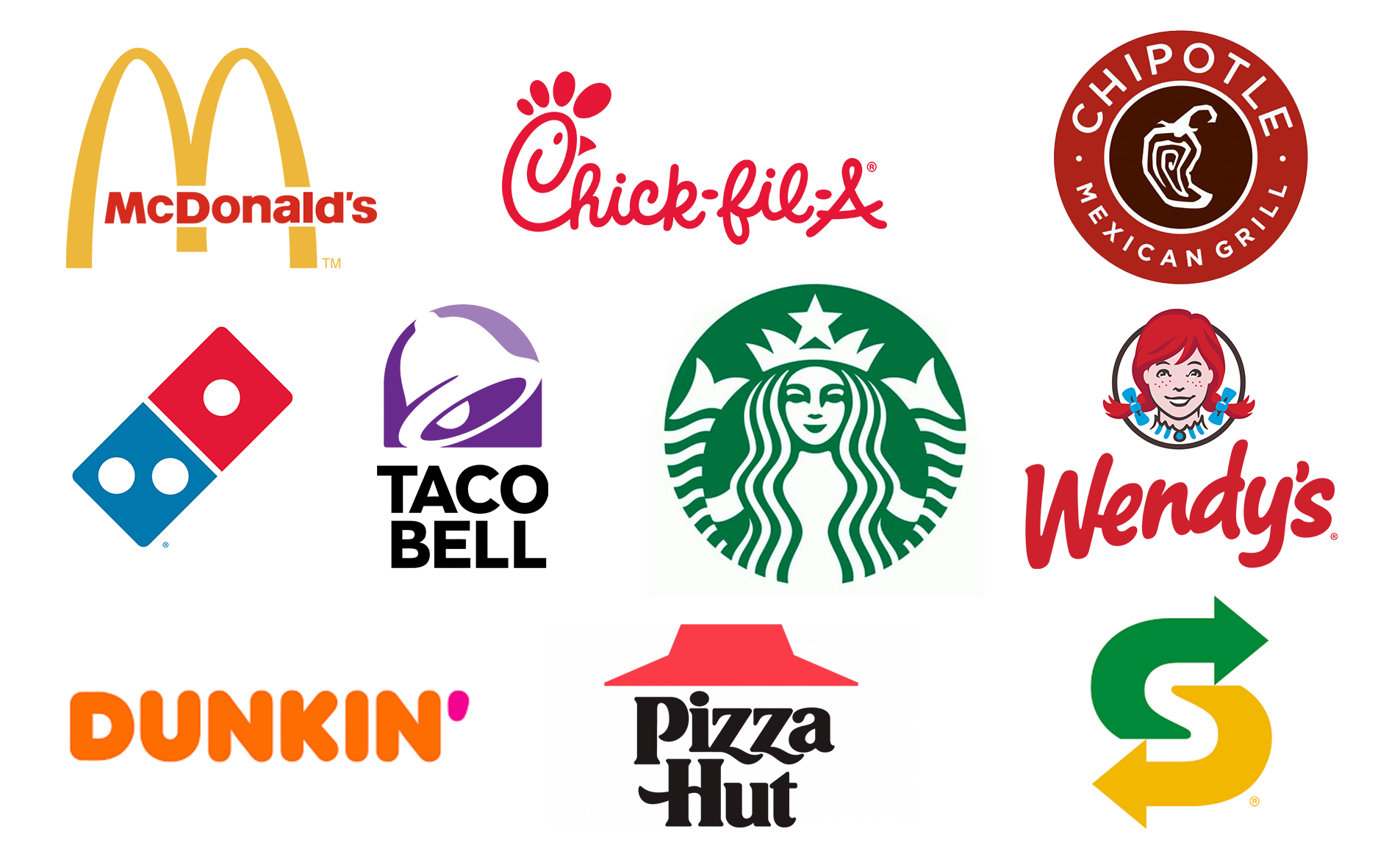The 18th Annual Canadian Summit on Food Safety, held last week, brought together industry leaders, regulatory experts and innovators to discuss the current state and future of food safety. The event spanned two days packed with keynote speeches, panel discussions and networking opportunities aimed at enhancing food safety practices across the country.
During the event, Xtalks interviewed several sponsors as well as the event’s Chair, Glenford Jameson. Several common themes included the integration of technology like blockchain and AI in food safety, the importance of a well-trained workforce and the continuous need for industry collaboration. Read on to gain valuable insights from top industry leaders and learn more about the exciting innovations in food safety.
Day 1 Highlights
Pamela MacDonald from the Canadian Food Inspection Agency (CFIA) kicked off the conference with insights into future trends in food inspections and the value of collaborative efforts with inspectors.

A panel that included Maria Corradini from the University of Guelph’s Department of Food Science, Melissa Dass-Gleason of CT Bakery and Affiliates and Wiggs Civitillo of IBM Food Trust, delved into emerging technologies like blockchain and AI, spotlighting their potential to revolutionize food safety.
During a midday session, Anal Dave from Dessert Holdings and David Hatch, Vice President of Digital Solutions Marketing at Neogen, showcased their digital transformation strategies in environmental testing, enhancing detection and compliance.
In the afternoon session, the focus shifted to effective management of food safety recalls with Ron Judge of Maple Lodge Farms, followed by Olaf Degen of Bruker Diagnostics introducing advanced rapid detection methods for pathogens.
The day concluded with insights from the US Food and Drug Administration’s (FDA) Peter Koufopoulos and a panel on innovative training techniques led by Gwynne Sitsker of Embassy Ingredients and Lennie Ouimette of Kawartha Dairy. The panel emphasized the importance of staff training in maintaining high safety standards.
Related: 4 Reasons to Attend the Upcoming 18th Annual Canadian Summit on Food Safety
Day 2 Highlights
Day two opened with a keynote from Martin Duplessis of Health Canada, who provided critical updates on food safety practices and regulations, setting a regulatory tone for the day.

Later, in a keynote on digital transformation, John Keogh from the McGill Centre for the Convergence of Health and Economics and Principal spoke on the integration of digital technologies in food systems, which is vital for ensuring transparency and building trust.
In a case study on inspections, Sonny Brar of Fiera Foods highlighted how technology can transform food safety inspections from mere compliance to excellence, offering practical insights into the application of these technologies.
Networking sessions throughout both days allowed participants to discuss industry trends and share experiences, further enriching the collaborative atmosphere of the summit.
Insights from the Canadian Summit on Food Safety in 2024
The Canadian Summit on Food Safety showcased the latest advancements and ongoing challenges in the realm of food safety. Let’s delve into key insights drawn from interviews conducted during the summit, highlighting the thoughts of various experts and industry leaders.
The AI Revolution
France Heroux, Advisor in Digitization and Management of Processes at BlueKanGo, weighed in on the significant role of AI and collaborative platforms in the food industry. “AI helps us pinpoint the pain points of our clients and solve them more efficiently,” she mentioned, underscoring the technology’s impact on enhancing operational efficiency.
Chris Bowman, President of Sesotec, discussed the application of AI in enhancing the sensitivity of metal detectors used in food safety. “Automation helps in reducing the burden on employees, allowing them to focus more effectively on their core responsibilities,” highlighting the need for technology to support human workers.
Hatch also discussed the increasing integration of digital technologies like AI in food safety. “We’ve seen a strong movement towards digital, which helps in speeding up the time to information and reducing risks.”
Katie Jantti, Strategic Account Manager at TraceGains, mentioned the use of AI in data automation, traceability and laboratory testing. “We’re incorporating AI into everything that we do. As someone who loves tech, I’m interested to see where we go from here.”
Jameson, a food regulatory lawyer and the Canadian Summit on Food Safety’s Chair, talked about AI from a legal perspective. “I think that we’re all as humanity trying to grapple with AI and AI’s applications in every space, including in the legal realm. Thinking really critically about how AI is going to be placed into developing preventive control plans to strategies for managing pathogens is something that we’re keenly watching.”

Blockchain and Food Safety
Jud Sinton, CEO and Chief Architect of the Bloomington Group, emphasized the importance of blockchain technology in enhancing traceability within the food supply chain. “Blockchain’s immutability lends to trust, which is crucial in food safety.” He believes that blockchain is set to revolutionize the industry by ensuring that consumers can trust the safety of their food.
IoT and Efficiency
Tanguy Etoga, Founder and CEO of Normex, highlighted the implementation of the Internet of Things (IoT) in food safety practices. By automating temperature monitoring in cold storage areas, IoT technology helps maintain compliance with safety standards more effortlessly. “Efficiency is the biggest challenge today and technologies like IoT are addressing this by reducing the need for manual checks.”
Training and Retention
PJ Andress, Senior Account Manager at Intertek Alchemy, shared insights on the role of engaging and effective training programs in employee retention within the food industry. “Well-trained employees are 70 percent more likely to stay with a company,” he noted, suggesting that investment in human capital is crucial for maintaining a skilled and stable workforce.
Sam Davidson, Director of Food Safety at The Acheson Group (TAG), also emphasized the need for fundamental training for frontline workers in the food industry. “Getting back to basics in training is essential for ensuring that employees understand the critical nature of their role in food safety.”
Hygiene and Employee Challenges
Rob Middendorf, Executive Vice President of Remco, emphasized the growing importance of hygiene in the food processing environment. He noted the challenge of staffing, particularly in maintaining trained and dedicated personnel. “The most pressing issue is getting people who can consistently meet the hygiene standards required in food safety.”
Advancements in Microbial Testing
Aditya Anthony, Regional Business Manager at Bruker Microbiology and Infection Diagnostics, spoke about the company’s contributions to rapid microbial testing and detection. He underscored the evolution of infrared (IR) technology, which has significantly

improved strain discrimination in testing, reducing both time and cost. “This advancement is not just saving time but also ensuring the safety of food products.”
Sustainability in Food Safety
JP Perreault, President of X-Ray Reclaim (a division of Plan Automation Inc.), noted that food processors in Canada lose almost $1 billion worth of food annually due to their products containing foreign materials. “Our mission is to support food processors and help them inspect and recover food just the same way that we see recycling systems.”
The 18th Annual Canadian Summit on Food Safety not only provided a platform for discussing current technologies and challenges but also highlighted the critical role of innovations like AI, blockchain and IoT in shaping the future of the industry.
These technologies are pivotal in enhancing traceability, improving efficiency and ensuring the overall safety of food products, thereby meeting the growing consumer demands for transparency and reliability in the food supply chain.
If you want your company to be featured on Xtalks.com, please email [email protected].












Join or login to leave a comment
JOIN LOGIN